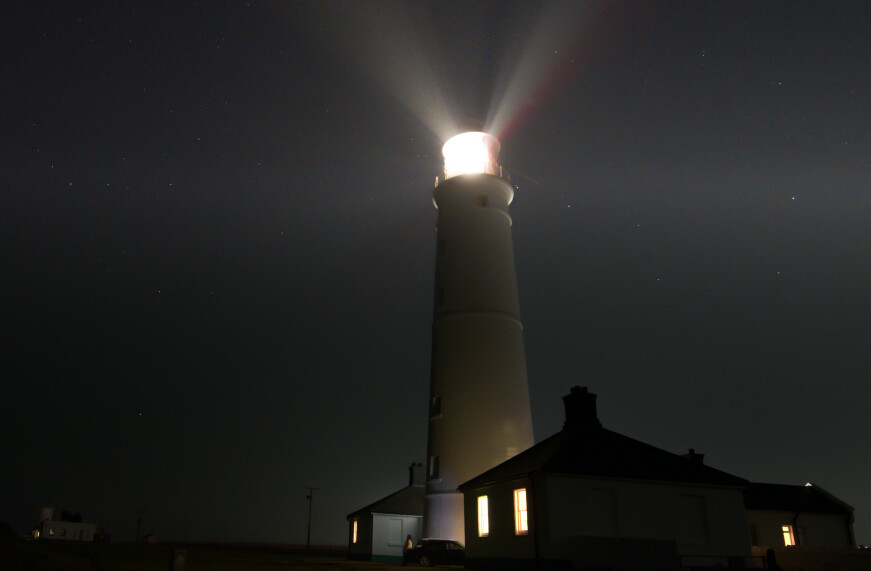Got Hope?

We are nearing the end of our 6 week lenten journey, how has that journey been? Maybe you've forgotten about Lent or you simply haven't been paying attention. Maybe you have been paying attention and the growing specter of your mortality clings. Or perhaps the profundity of the debt you owe before a Holy God shocks. Are you hungering for Calvary? For the empty tomb? Do you have hope?
Hope is one of those "Christian" words that we use often, but, (at least I), rarely stop to think of. What does it mean to hope? It is common to distinguish hope from wishful thinking like, "I hope it doesn't rain today." We remind ourselves that Christian hope is sure, founded on a rock. Over the course of Hebrews (3:6, 6:11, 18, 7:19, 10:23, 11:1) hope is held out as a beacon in the night, a shelter in the midst of a storm. When we get to Hebrews 11:1 we see that hope and faith are closely aligned. Faith is said to be "the assurance of things hoped for". Both hope and faith reach out for a solidity that goes beyond our present circumstances.
Which brings me to a thought on hope. Marianne Moore in her poem, The Hero, says "hope not being hope / until all ground for hope has / vanished". It makes me wonder about my own experience with hope. Very rarely have my circumstances been so bleak that I could say all grounds for hope had vanished. It does make sense for the preacher in Hebrews to be talking to a tired, bedraggled, subjugated congregation about hope. When all other help has failed, when all forms of exterior comfort have fizzled, and you still believe, you still trust, you still cling -- that is hope. Vaclev Havel, Czech poet, playwright, former president, and dissident instrumental in the Velvet Revolution says, "The kind of hope I often think about (especially in situations that are particularly hopeless, such as prison) I understand above all as a state of mind, not a state of the world. Either we have hope within us or we don’t; it is a dimension of the soul; it’s not essentially dependent on some particular observation of the world or estimate of the situation. Hope is not prognostication. It is an orientation of the spirit, an orientation of the heart; it transcends the world that is immediately experienced, and is anchored somewhere beyond its horizons."
I love that. Hope is not a prognostication. It is a dimension of the soul, an orientation of the spirit, an orientation of the heart anchored beyond its horizons. Again, very Hebrews sounding, "We have this as a sure and steadfast anchor of the soul, a hope that enters into the inner place behind the curtain, where Jesus has gone as a forerunner on our behalf, having become a high priest forever after the order of Melchizedek" (Hebrews 6:19–20). Hope is embodied. Hope has a name. Jesus.
So however tough your circumstances might be - job, marriage, sin struggle, loneliness, health, political despondency - Jesus as your hope will not disappoint. After all, as Lent reveals to us, we have been rescued from sin when there was absolutely no other hope.
Photo by Carl Jorgensen on Unsplash


